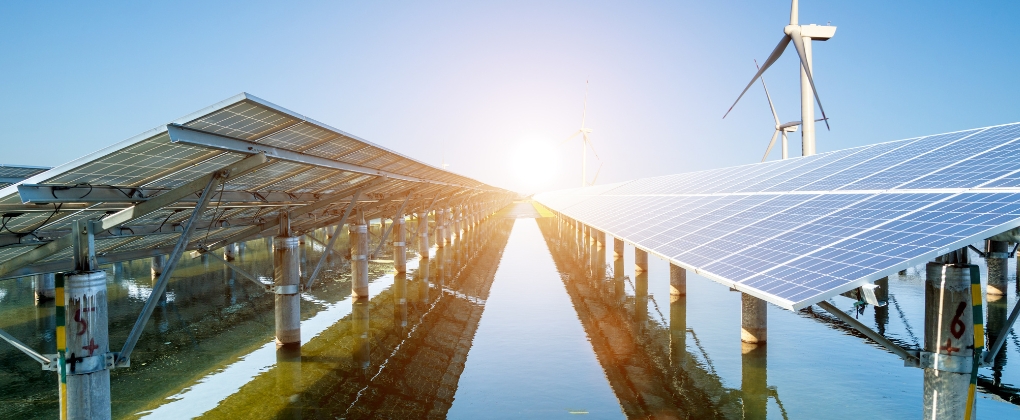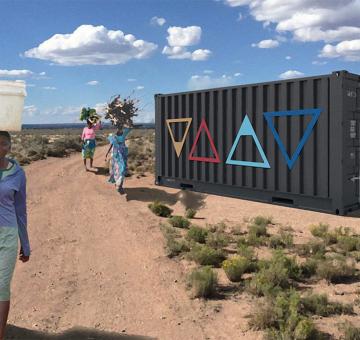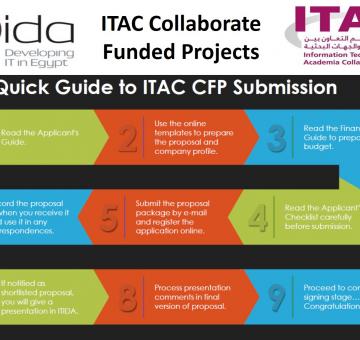Advanced Decarbonization Technologies and Economic Growth

From Waste Challenge to Circular Economy Catalyst
Egypt’s waste sector is undergoing a powerful transformation shifting from challenge to catalyst for green economic growth. With over 100 million tons of waste produced annually, the country is actively investing in circular economy systems that turn waste into value. A national target to recycle 80% of municipal solid waste by 2030 is already driving the development of 8 new and 17 upgraded waste facilities by 2025, unlocking new business models and opportunities for innovation. These investments signal a shift from linear waste disposal to integrated value recovery turning environmental liabilities into scalable business models and job creation engines.
The waste-to-energy (WTE) market is at the heart of this transformation. With projections reaching $1.5 billion by 2028, Egypt is advancing projects in key governorates like Giza and Mansoura, supported by newly introduced feed-in tariffs and streamlined permitting. These policies are already unlocking private sector participation and startup innovation.
Smart Cities and Bioenergy: Linking Infrastructure with Innovation
At the same time, smart city development is reinforcing Egypt’s cleantech trajectory. The New Administrative Capital (NAC) aims to reduce building energy consumption by 15 - 20% and achieve 30% energy efficiency across operations. These goals directly align with Egypt’s broader green industrialization strategy and demonstrate how urban planning, energy systems, and digital infrastructure can converge to create sustainable living models.
Bioenergy is another area of immense potential. Egypt produces 30 million tons of agricultural residues annually, enough to generate an estimated 3-5 GW of electricity and produce 1.5 million tons of bioethanol. Tapping this resource could unlock new value chains in clean fuel, rural industry, and agri-tech, especially if paired with innovation in biomass logistics and conversion technologies.
A Systems-Level Transition
Importantly, this green transition is not fragmented, Egypt’s national roadmap integrates waste, energy, and city development into a single, coherent decarbonization effort. Strategic areas like Carbon Capture, Utilization, and Storage (CCUS) and green ammonia production are being developed alongside traditional renewables, signaling a systems-level approach to emissions reduction and industrial transformation.
The opportunity now is to accelerate local innovation: leveraging Egypt’s vast bio-resources, advancing climate-smart infrastructure, and enabling startups to build, test, and deploy the solutions of tomorrow.





































































EgyptInnovate site is not responsible for the content of the comments